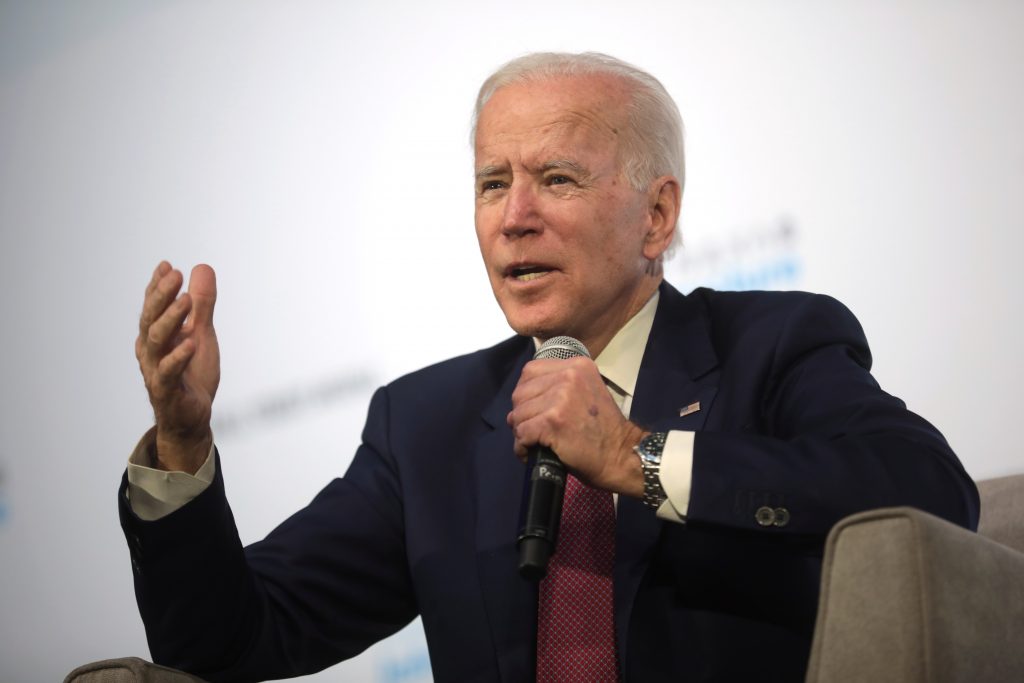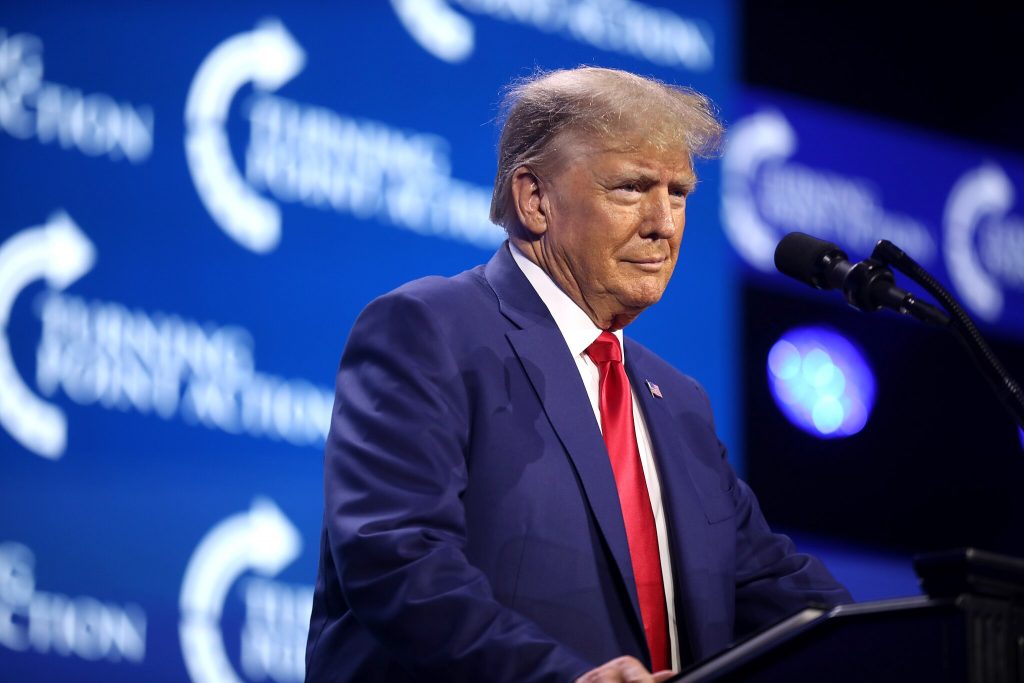The Long Brief has had a busy and productive year. On the one hand, we switched to a biweekly publication schedule, so our readers can access new articles every Tuesday and Thursday and on the other, we have improved our social media presence.
In 2023 we produced 74 articles, all free to access. Our editorial staff has definitely showed their expert skills in their chosen field of work through those writings but this year we thought it would be interesting not only for our audience but for ourselves to showcase our horizons through a uniform set of questions pertaining to the coming year and its probable developments.
So enjoy the answers from our authors, and see with us what becomes reality and with what effect, in 2024. Thank you for your continued interest in our work and hope to see you this coming year.
The questions were as follows:
- Which ongoing crises could escalate in the coming year? Where can new conflict hotspots emerge?
- Which countries will be the most conspicuous emerging powers in 2024 and which ones will lose influence?
- What trends can be expected in the global economy in the coming year?
- Can emerging technologies such as artificial intelligence help or undermine democracies?
- Name the five key concepts that you think will define the international political discourse.
Viktor Buzna, researcher at the Hungarian Institute of International Affairs and PhD student at the National Sun Yat-sen University
- Among several concepts, our knowledge about escalation is being questioned. Unlike in 2022, when the stages of escalation could have been well identified in the Ukraine war, in 2023 we observered rapid escalation and de-escalation of conflicts. This shows a limited control over international disputes, and the emerging importance of crisis management. Therefore, I expect less escalation of ongoing conflicts, but new crises in 2024. The Taiwan Strait and the South China Sea might be emerging hot spots next year.
-
There is an increasingly noticeable competition among middle powers, which will further intensify in 2024. Among the countries involved, it is interesting to closely monitor the upcoming elections in Indonesia, where the successful President Joko Widodo will step down from his position. Australia is also intriguing, as signs of a more proactive foreign policy were observed this year. India’s global power aspirations are likely to continue into the next year. Additionally, it might be interesting to explore the role of Mexico, one of the winners in the decoupling process, in South America, as well as the exciting libertarian experimentation in Argentina.

Ukrainian President Volodymyr Zelensky and Argentine premier Javier Milei in 2023 (Photo: Cancillería Argentina)
Unfortunately, the European Commission’s position in international relations, characterized by a series of poor decisions, is expected to continue. Additionally, the upcoming U.S. presidential elections may impact the United States’ situation in 2024.
-
The decoupling process initiated by the United States and the European Union, also known as derisking, continues to shape the transformation of global supply chains. A fascinating question for the coming year is whether the development in the Southeast Asian region can keep pace with its new, heightened geostrategic position. It is expected that in 2024, China will launch new economic programs in line with the concepts outlined during the October BRI summit. The progress of digitalization, the importance of data security, and the development of digital infrastructure are also expected to increase in significance in 2024.
-
Technological competition has become the frontline of confrontation among great powers, thereby strongly reflecting the perceptible bloc formation in the international system in this area. Not only great powers but also major corporations such as Google, Microsoft, and Alibaba are monopolizing the technological revolution, particularly in the research of artificial intelligence. To ensure that technology continues to support and not undermine democracies, a grassroot-based modernization, instead of a state-controlled, top-down process, must be guaranteed.
-
Minilateralism, Digitalization, Middle-Powers, Energy security and climate change, Nuclear and conventional arms race.
István Vass, journalist for The Long Brief
- Each year, the International Crisis Group draws up a list of the 10 most prominent conflicts. If we look at this year’s list of conflict zones (Ukraine, Nagorno-Karabakh, Iran, Yemen, Ethiopia, the Democratic Republic of Congo, the Sahel, Haiti, Pakistan, and Taiwan) it is safe to say that these armed struggles, state failures, and civil wars will remain with us. The only significant change is that the status of Nagorno-Karabakh has been “resolved” in favor of Azerbaijan and replaced by the resurgent Palestinian-Israeli war in Gaza. In conclusion, 2024 won’t be the year when humanity will find solution to its most pressing foreign policy issues.
- The most likely winners of the coming year are the members of the expanded BRICS bloc, with China leading the way. The empowered BRICS+ can be the rival of the G7 countries, in every aspect. The BRICS countries can also form an anti-Western alliance with the reborn non-alignment movement, or the Global South as a whole. On the other side of the scale, the losers include the two former colonial powers (the UK and France) and Germany, for many years the world’s largest exporter. They all are suffer from political instability and deteriorating economic indicators. Finally, at the time of writing it’s not sure which camp the stagnating US will find itself.

Former Vice President of the United States Joe Biden speaking with attendees at the Moving America Forward Forum hosted by United for Infrastructure at the Student Union at the University of Nevada, Las Vegas in Las Vegas, Nevada, on February 16th 2020. (Photo: Gage Skidmore / Wikimedia Commons)
- The new global economy is becoming more-more multipolar and less dollar-based. In 2023, the Chinese economy has overtaken the GDP of the EU 27 combined and can surpassed the US similar data by the end of this decade. With Russia becoming more dependent to the Chinese, India will also be a crucial player in global economy. Current development in Red Sea is again a serious threat to the global supply chain, and could have huge ramifications.
- Demagogues and populists will weaponize artificial intelligence (AI) for narrow political gain at the expense of democracy and civil society. We’ve already seen the likes of Trump, Brazil’s Jair Bolsonaro, and Hungary’s Viktor Orban leverage the power of social media and disinformation to manipulate electorates and win elections. However, technological advances will create structural advantages for any political leader to deploy these tools—no matter where they sit on the political spectrum. In my view political actors will use AI breakthroughs to create low-cost armies of human-like bots. These bots can be tasked with elevating fringe candidates, peddling conspiracy theories and “fake news,” stoking polarization, and exacerbating extremism and even violence—all of it amplified by social media’s echo chambers.
- Climate change, migration, greater multipolarity in the global economy, the key elections that determine the course of democracy, culture wars.
Sergio Velasco, journalist for The Long Brief, analyst and political commentator, founder of Filosofia Política
- I believe that one of the conflicts that could worsen is that of Israel-Palestine, I do not think that there can be a solution that satisfies both parties. Also, the likelihood of new conflicts may be in the Arab world, especially Iran and Libya in their attack on Israel. Many believe that China could do something with Taiwan, but that is not the CCP’s style, as they seek to “conquer” the world through trade, something in which they are specialists.
- Undoubtedly, the country that will lose the most influence is Germany. Germany’s strategy with the Russian-Ukrainian war has been horrible, economically, strategically and politically. In addition, not having a great leader as chancellor has caused Germany to continue losing weight and influence on the world chessboard. About countries that will have more prominence in 2024 and beyond, I think it is a bit obvious to name India, so one of the countries that will have more influence in the world is Indonesia.
- The Western economy will suffer the most, as growth over the past two years has been quite artificial, following the sharp decline in GDP due to the pandemic and subsequent lockdown. The Western economy will suffer a small recession due to the uncontrolled issuance of money supply, both by the ECB in Europe and the FED in the United States, which caused both central banks to raise rates to control the flow of money in the economy.
- Technology, in general, always has two sides of the coin. AI can help with many, many things, but at the same time, it can be used to lie, manipulate and even cheat. Every technology that has come to power: radio, TV, internet… have served to control and manipulate the population, although at the same time, they have also helped to some extent to be the flip side of power, in fact, the clearest case has been the Internet. So I believe that the State will use this tool for the same purpose as it has used the others, so if democracy is seen as a transparent model in which the citizen should monitor power and not the other way around, then yes, it will undermine democracies.
- Immigration, war, religion, freedom of expression and climate change.
Daniel N. Vig, energy policy expert, former analyst for Hungary’s Ministry of Foreign Affairs and Trade and former NATO Project Assistant
- The Syrian conflict is a crisis that we always have to pay attention to. There, a low-intensity conflict continues to unfold involving Russia, Iran, Israel, Turkey, and the US. Each of these countries has a military presence on the ground, with Israel positioned in the Golan Heights. It would just take a small action, be it intentional or by mistake, for the entire Middle East blowing up.
-
The potential developments in Warsaw following Donald Tusk’s return raise interesting questions. Will the parliamentary coalition prove sustainable? Concerning losing influence, it’s just a matter of time before Belarus is swallowed up by the Russian Federation.
-
A lot depends on the US election. If President Trump wins, we’ll likely see a more isolationist US economically, both towards Europe and China. If the Biden administration prevails, I believe the current trend will persist: the US will continue to grow faster than the EU.

Former President of the United States Donald Trump speaking with attendees at the 2023 Turning Point Action Conference at the Palm Beach County Convention Center in West Palm Beach, Florida (Photo: Gage Skidmore / Wikimedia Commons)
-
In a perfect world, AI should be regulated and not used for political action. However, I can’t see any power being able to control it. Even if there are national regulations in the West, the Russia-China alliance would still have a free hand. It’s not as if the UN could step in…
- The health of democracy and free elections in the West; Qualified Majority Voting in EU foreign policy; +2 percent NATO defence spending; Western military supplies.
Tamas Arki, foreign policy journalist, founder and editor-in-chief of The Long Brief
- In my view, new conflicts will emerge in parts of the world the West has not really paid attention to. Africa is a source and bearer of a lot of tension in a lot of respects and as climate change is getting more and more out of hand – whether it was ever managed, is another question – and that will wake a lot of rivalry on the continent. I do not think ongoing, open conflicts that have a direct effect on Europe, would escalate in 2024 but that may be wishful thinking.
-
India seems to be a safe bet as an answer for the emerging part and the European Union as a whole an even safer for the sore loser of next year.
-
Since every country and entity seems to have completely missed out on implementing any meaningful regulation on artificial intelligence, I think AI and its ubiquity will be a defining feature. Europe will continue a rigid and stubborn isolation from Chinese technology and its products while the United States will devise a way of working on its own. Competitiveness and its redefinition will be paramount.
-
If education does not keep up with AI, that is, if it cannot produce people who possess the skills for critical thinking, AI is definitely a threat in the domain of news, political communication and information management.
-
Freedom, resilience, competitiveness, rivalry and assertiveness.








[…] is an increase in violent conflict everywhere in the world. Along with the Israeli offensive on Gaza and Hamas’s attack on Israel on October 7, which raised […]
[…] scary and tragically fragile place right now. We at The Long Brief have long been saying that the many sources of risks with the constant wars, disputes and public discourse that is in many places fast approaching the […]
[…] our prognosis for 2024, we wrote the following: “If we look at this year’s list of prominent conflict zones […]